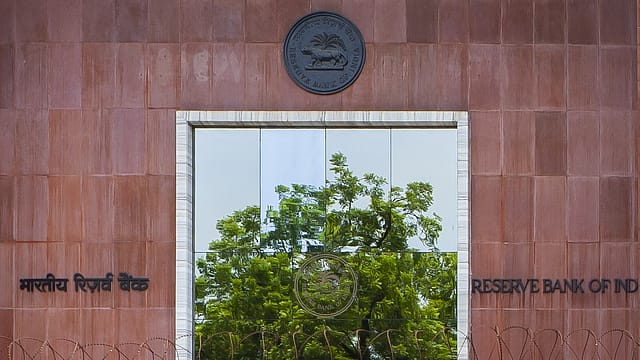RBI hikes recurring payment limit; allows linking of credit cards to UPI
ADVERTISEMENT

The Reserve Bank of India on Wednesday enhanced the limit on recurring payments from ₹5,000 to ₹15,000 to facilitate payments of larger value subscriptions like insurance premia and education fee.
This comes after the banking regulator received requests from various stakeholders to increase the limit under the framework in an effort to offer convenience to customers.
"To further augment customer convenience and leverage the benefits available under the framework, it is proposed to enhance the limit from ₹5,000 to ₹15,000 per recurring payment. Necessary instructions will be issued shortly," says RBI governor Shaktikanta Das while delivering the monetary policy statement.
Till date, over 6.25 crore mandates have been registered under this framework, including for over 3,400 international merchants.
The framework on processing of e-mandate based recurring payments provides for an additional factor of authentication (AFA) during registration, sending a pre-debit notification, subsequent recurring transactions to be executed without AFA, and an easier avenue to withdraw such mandates.
The RBI had last year made additional factor authentication (OTP verification) mandatory for bill payments higher than ₹5,000. For payments equal to or greater than ₹5,000, customers receive a text before the due date on their registered contact number with a link to approve/decline the transactions. Once approved, the amount is debited from the credit or debit card on the due date. In case of no response, the transaction is declined.
Benefits of convenience, safety and security are available to the users, Das says, adding that the system also benefits from users’ confidence.
Major banks are providing the facility and the transaction volumes are seeing good traction, he adds.
The Reserve Bank also proposed to allow linking of credit cards to UPI. Initially, Rupay credit cards will be enabled with this facility.
This arrangement is expected to provide more avenues and convenience to the customers in making payments through UPI platform, says the RBI, adding that this facility would be available after the required system development is complete.
Necessary instructions will be issued to NPCI separately, it says.
On Wednesday, the monetary policy committee, headed by RBI governor Shaktikanta Das, increased the policy repo rate by 50 basis points to 4.90%.
The MPC also unanimously decided to remain focused on withdrawal of accommodation to ensure that inflation remains within the target going forward, while supporting growth.
The central bank also hiked its inflation projection for the financial year 2022-23 to 6.7% from 5.7% earlier on the back of rising crude oil prices.